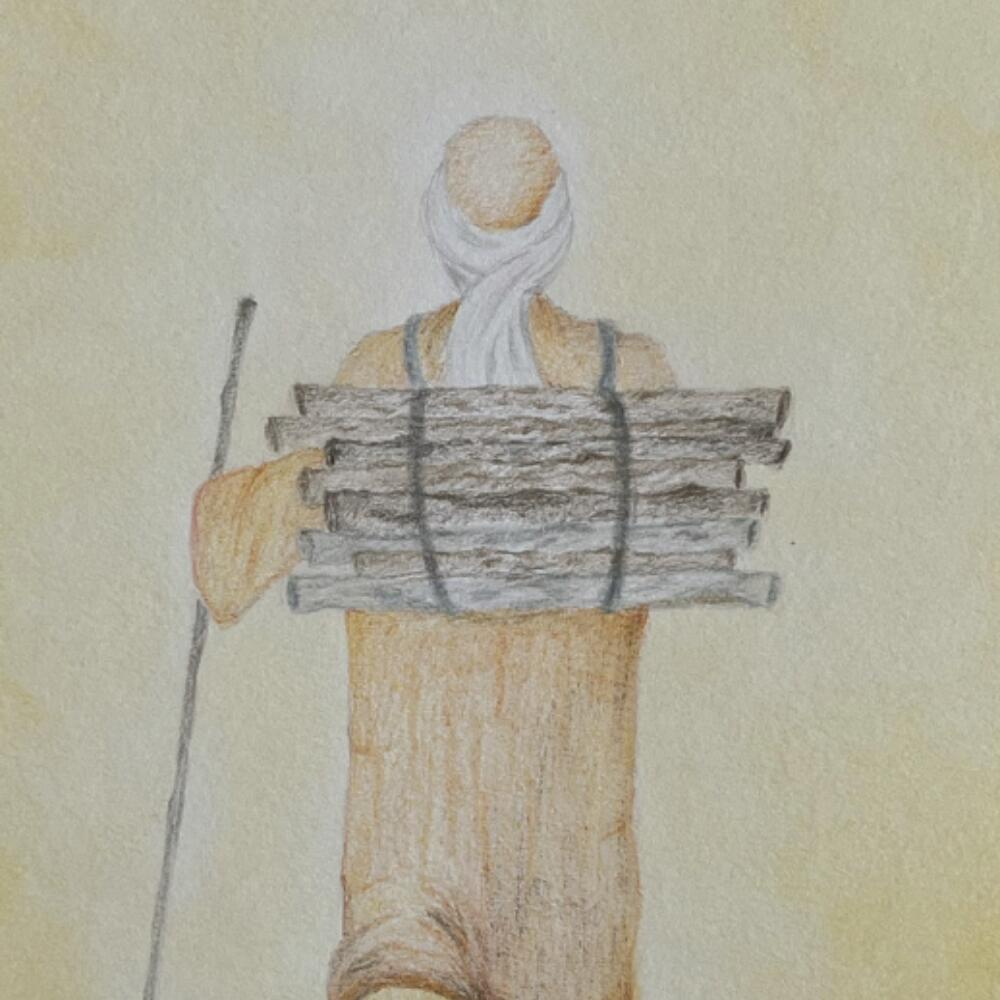Yunus Emre: A Traveler Dervish and Anatolian Minstrel
A journey in the light of Sufism and Anthroposophy.
Yunus Emre; is a minstrel who was born and lived in Anatolia. He spent his life as a dervish in Taptuk Emre dervish convent, and presented the first examples of Turkish folk poetry to humanity with his modest Turkish.
Yunus Emre, who was born 600 years before Rudolf Steiner, mentioned the tenet of Anatolian Erens who devoted their lives to the search for the truth and the transformations he had experienced. He is a poet of love, peace and friendship.
As an anthroposophy student who grew up in the same culture with him, the discovery of similar points that I encountered both in his poems and in life has a special importance for me. One of the best encounters I've ever had was a childhood memory that my father told: My father had a grandmother whom he loved very much. Her name was Sise which means ‘White’ in our language. She was a pure-hearted woman like her name. In our village, houses were cleaned every Thursday, and oil lamps were lit at the doorways. On a Thursday, when Granny Sise was placing oil lamps, my father was very curious and asked why they were doing this. She said: “Angels land on earth on Thursday evenings. We clean both the house and the garden so that the places they step on are clean. We also put lights on to illuminate their path.’’ My father has never forgotten this. They did it with such strong feelings and without any doubt so that the warmth they created in their hearts can be felt even today. They definitely knew and lived the true meaning of every ritual they had performed. But we have forgotten this meaning!
This article aims to recall the invisible links between the wisdom of my ancestors and anthroposophy.
Selda Çiler Kocadağ, Bodrum, Turkey - Alumni Anthroposophy Studies on Campus 2022-2023

